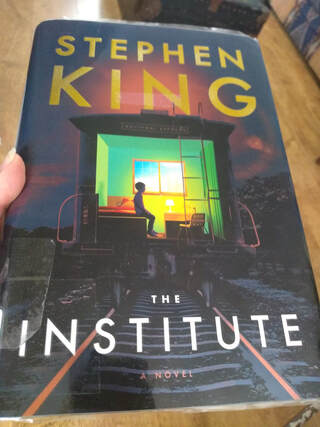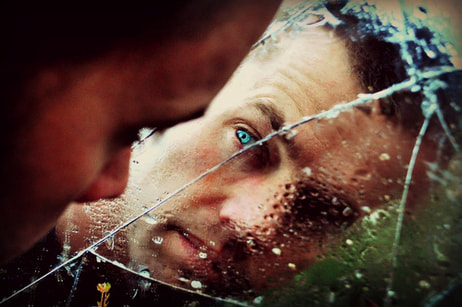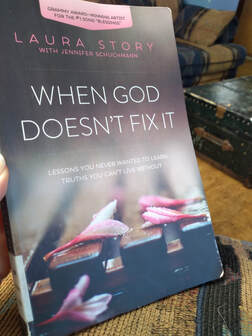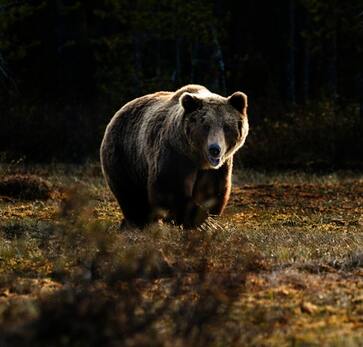Writing is scary.
Letting someone read what you've written is even scarier.
When you take that bold new step and put your writing in someone else's hands, two things usually happen.
First, a nauseous wave of panic lurches your stomach, and you hope you didn't suddenly contract a stomach disease
(or is that just me?) .
Next, you desperately hope the person reading your words is supernaturally kind and gentle, and says good things about what you've written. Even if it's all lies. Because you're tender, like a seedling, and you know it.
Hard words, at this point, will crush you.
Maybe even make you die.
Fortunately, both hopes are usually satisfied. The nausea passes, and the person you've dared to share your writing with is someone kind who likes you and delights in cheering you on.
But what happens when the person you've dared to share with doesn't cheer you on?
What if their feedback is harsh, critical, and discouraging?
What if they take a big steaming dump on your writing?
Allow me to breathe some life into just such a heart-wrenching experience.










